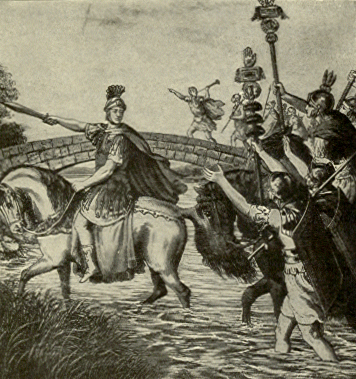Today is the 12th annual No Pants Subway Ride. The No Pants Subway Ride is an annual event staged by Improv Everywhere every January in New York City.
If you are so inclined, please check out the No Pants site for official rules
January 12, 1934 -
George Cukor's star-studded extravaganza Dinner at Eight, went into general release in the US on this date.
As originally filmed, Carlotta's dog was named Mussolini. However, due to the changing world political climate of the 1930's, the dog's name was post-dubbed as "Tarzan", even though Marie Dressler's lips are clearly saying "Mussolini".
January 12, 1944 -
Probably Alfred Hitchcock's most underrated film, Lifeboat, opened in NYC on this date.
Seasickness hit the entire cast at various times during production, and many of them caught pneumonia after constant exposure to cold water, Tallulah Bankhead having suffered twice from it. Hume Cronyn almost drowned in a storm scene when he got caught under a large metal water-activator, used for making waves. Joe Peterson, a lifeguard hired especially for the production, saved him in the nick of time.
January 12, 1966 -
Holy homoeroticism!!!
ABC-TV premiered the tightly colored underwear wearing, perfectly genitally arranged comedy Batman on this date.
I'm not sure if it's still on the same bat channel though.
January 12, 1971 -
Oh Geez, stifle yourself.
The first episode of All In The Family made television history by broadcasting the sound of a toilet flushing on this date.
This is not, however, the first time a toilet tank is seen on television. That honor goes to Leave It to Beaver premiere episode, Captain Jack back in 1957.
Today in History -
If you were ever an altar boy or ever took Latin, I don't need to tell you what jacta alea est means. But if you're like most Americans, to whom Latin is about as familiar as Urdu, let me translate: it means the die is cast. At least that's how it's usually translated. Back in the early days of English, when the phrase was first translated, that's how they would have said "the dice are thrown."
This Latin snippet is important for a couple of reasons. Firstly because it demonstrates the popularity of gambling with dice in the ancient world, which is an important bit of trivia for keeping wayward adolescents interested in the classics; secondly because it's a short little Latin phrase you can drop into conversation to impress snobs; thirdly because the event of its utterance changed the course of western civilization for ever.
The line was uttered by Julius Caesar on this very date in 49 BC (There is some disagreement on this date - this is clearly one of those dates that most of historians, around at the time, were too busy at the local orgy to clearly denote when a short bald Italian soldier crossed a rivulet.) Caesar and his army had just crossed the Rubicon, a little stream in northern Italy. The Roman Senate had long ago established a rule that Roman citizens should be forbidden from crossing the the Rubicon with their armies, since they figured anyone coming south toward Rome with an entire army probably wasn't up to any good (this should be enacted immediately in the USA - no bald men in a short skirt on horse should ever cross the Potomac with their own army.)
(If the Roman Senate had really wanted to play it safe, maybe they should have designed the infrastructure of their empire so that all roads didn't lead to Rome - but that's beside the point.)
You may be wondering why Caesar would set out to break the law this way. He had, after all, been a popular and successful general and had been governor of Gaul for some time. But that's exactly why he decided to cross the Rubicon: he had become so popular and so powerful that the Roman Senate ordered him to disband his army and give up Gaul. Which has always made me wonder why the Roman Senate didn't say jacta alea est after issuing their demands. Maybe they were just too eager to get back to their dice.
Anyway, by crossing the Rubicon, Caesar had officially committed treason and launched the Roman Civil War. I've also saved you several hours of watching DVD's of the series Rome. Except for the naked parts.
The rest is history.
January 12, 1928 -
Ruth Snyder became the first woman to die in the electric chair on this date.
She was electrocuted by “state electrician” Robert G. Elliott at Sing Sing Prison in Ossining, New York, along with Judd Gray, her lover and co-conspirator, for the murder of her husband, Albert on March 20, 1927. This was billed in the press as “The Dumb-Bell Murder.”
The case was the inspiration for the novel Double Indemnity by James M. Cain, which was later adapted for the screen by Billy Wilder and Raymond Chandler. Cain also mentioned that his book The Postman Always Rings Twice took inspiration from the crime.
January 12, 2010 -
A powerful 7.0 earthquake hit Haiti and crushed thousands of structures, from schools and shacks to the National Palace on this date. Thousands of people were believed dead and untold numbers were trapped. An estimated three million people were in need of emergency aid.
The quake left over 200,000 people dead. Some 4,500 prison inmates escaped during the earthquake. By April they were terrorizing neighborhoods and fighting turf battles.
And so it goes.




No comments:
Post a Comment